NESS SEMINAR
Kelly Fielding
@NESS_aus
Date: Wednesday 6th June
Time: 12 – 1pm
Room: Room 275
Location: Global Change Institute (Building 20)
Group identities play a pivotal role in how people respond to environmental issues. As examples, political conservatives are more sceptical of anthropogenic climate change and farmers resist land management policy imposed by government. The social identity approach provides a way of understanding the influence of group identities and suggests strategies to reduce identity-based resistance to environmental action. In this talk I provide evidence from my own research of how group identities influence environmental attitudes and behaviour and how aligning messages with group identities could increase support for environmental action.
Associate Professor Kelly Fielding is a Vice Chancellor’s Research and Teaching Fellow in the School of Communication and Arts and co-founder of the Network of Environmental Social Scientists. Her research is focused on how we can understand people’s environmental decision-making and how we can communicate to promote greater environmental action.

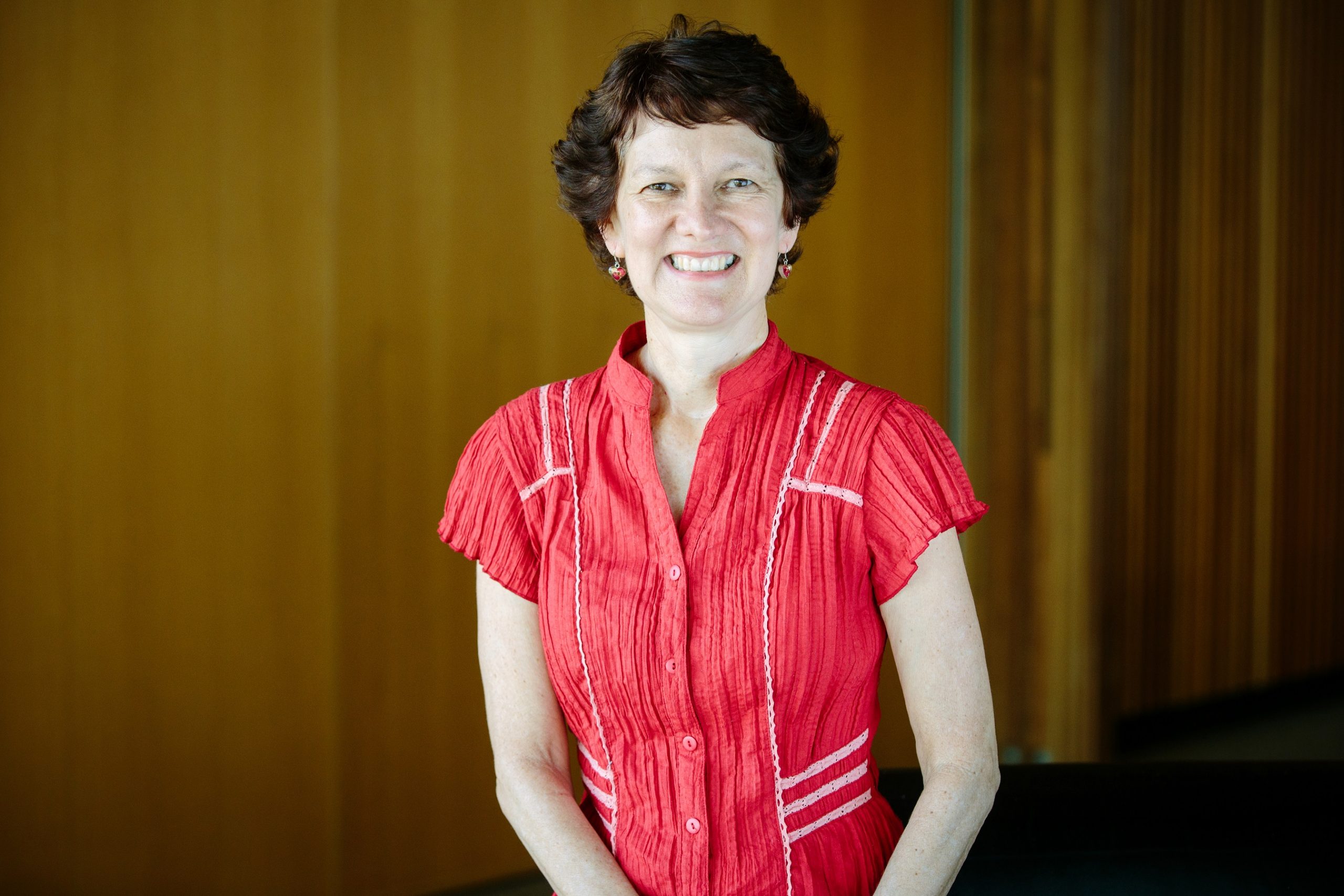
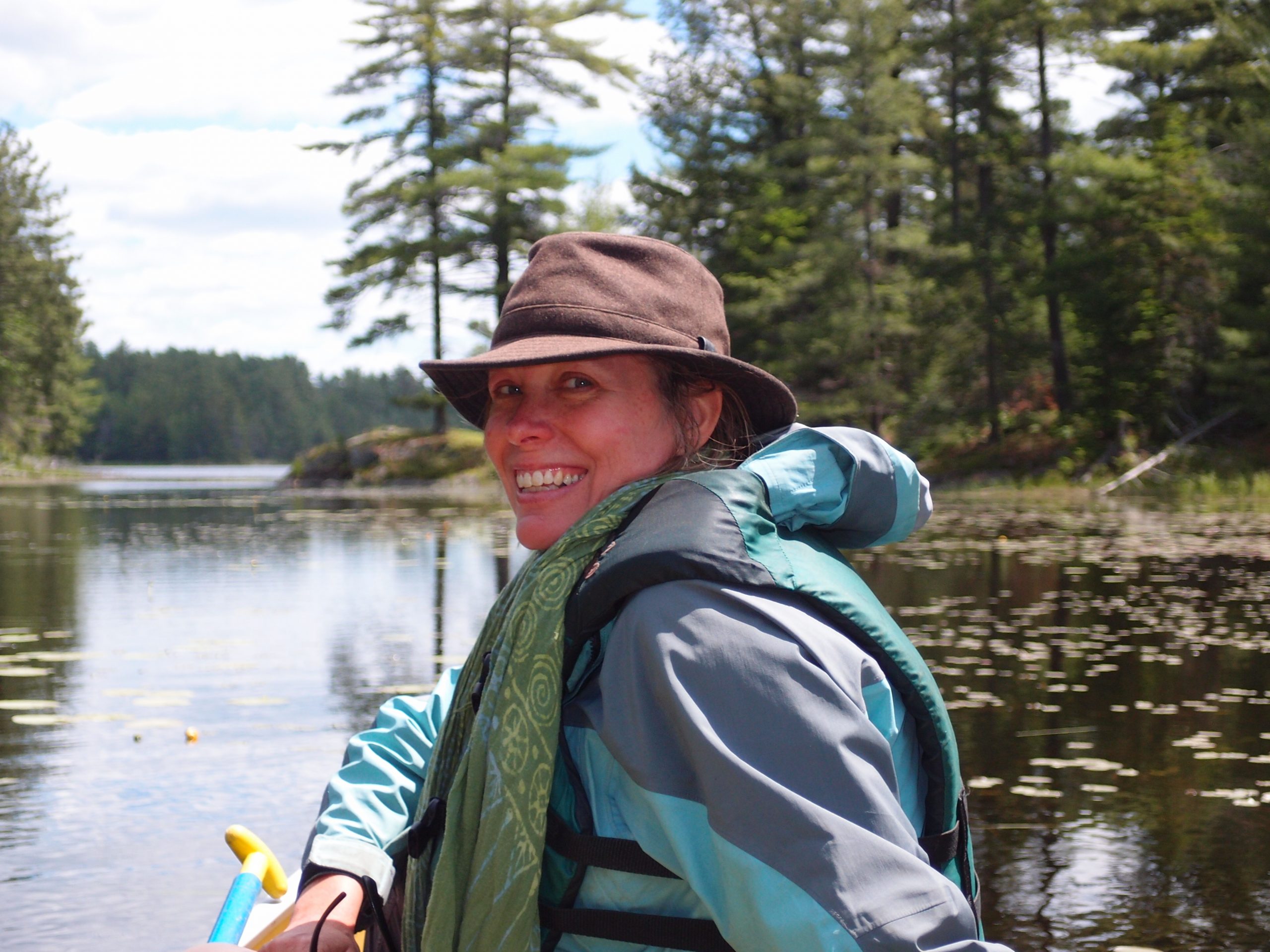
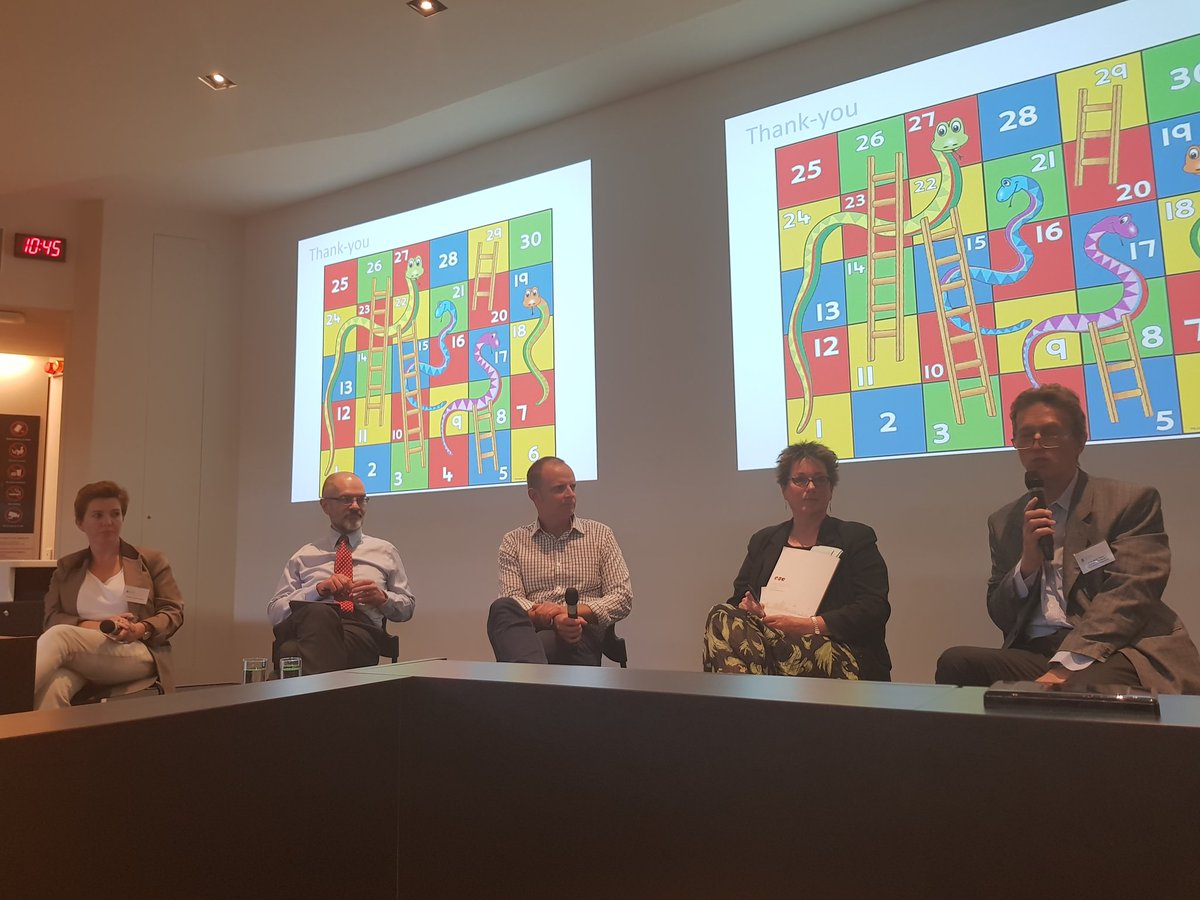
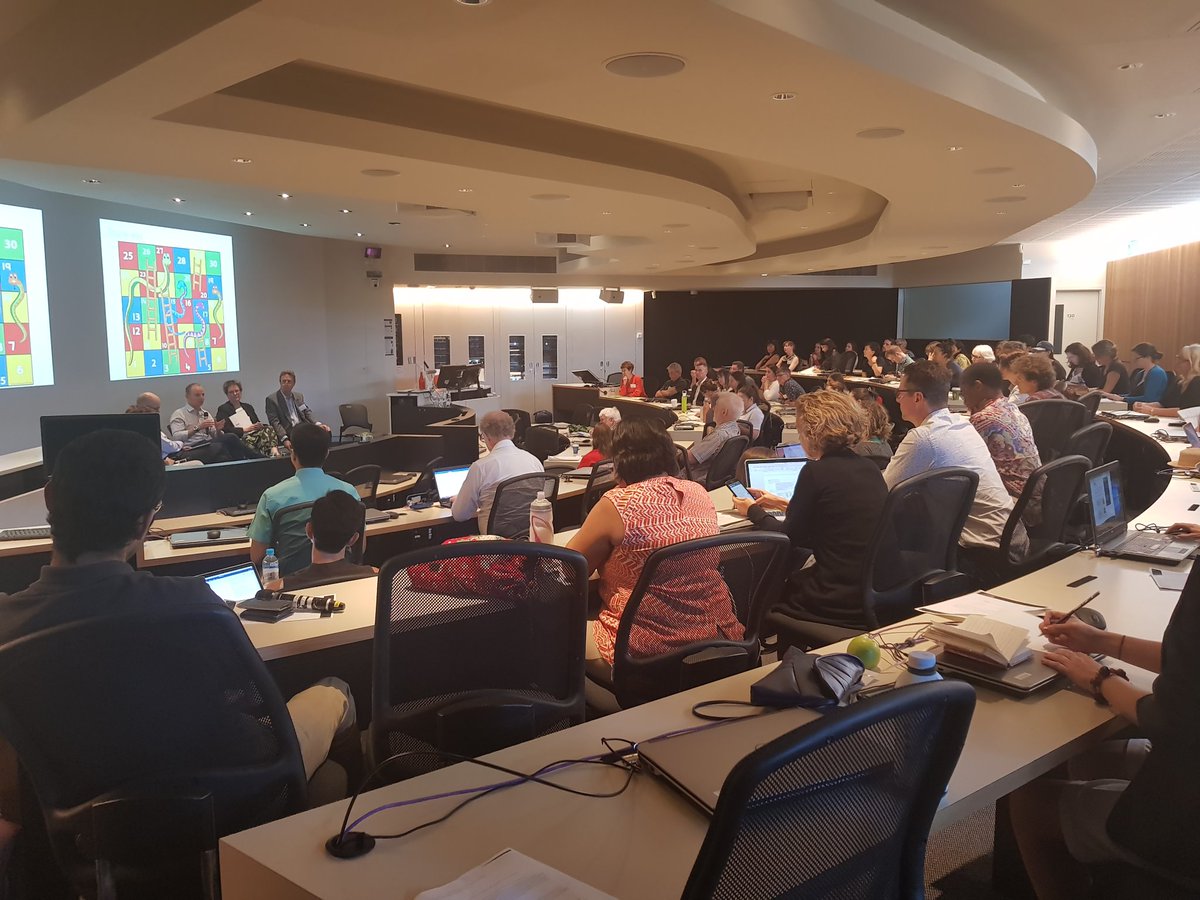
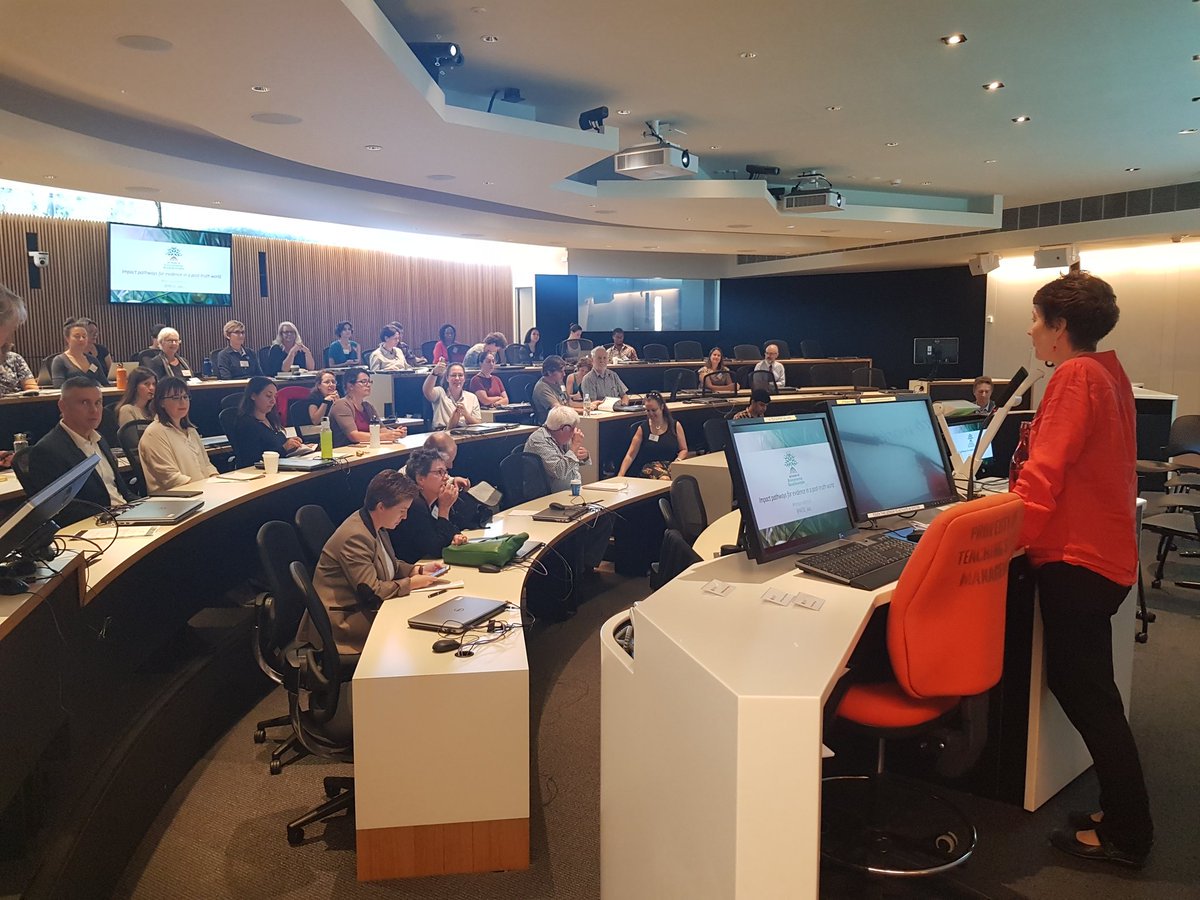
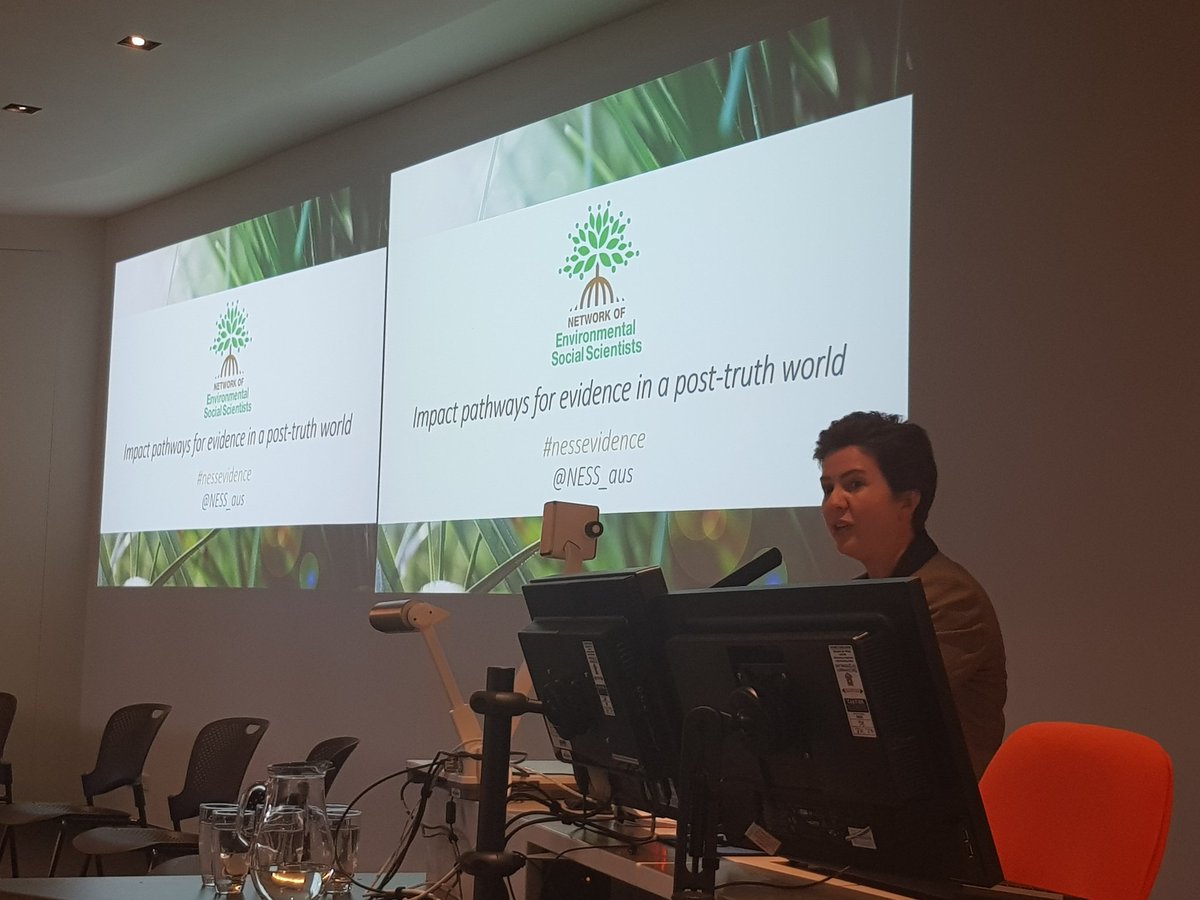
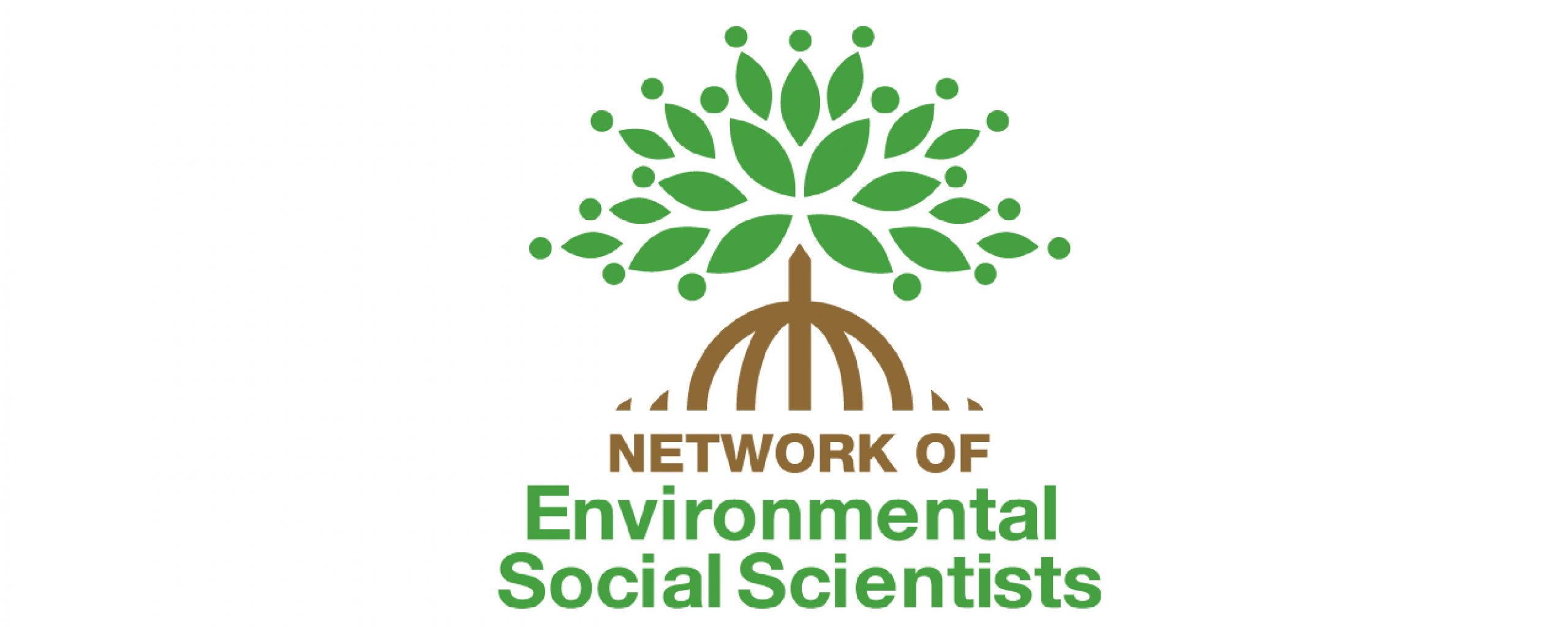
 Professor Tor Hunloe is recognised as Australia’s pioneer of environmental economics, having been at the forefront of research, teaching and practical management in this field for almost four decades. He has served as President of the Queensland Conservation Council, Councillor of the Australian Conservation Foundation, a founding member of the Queensland and National Environmental Law Associations, founder and President of the Environment Institute of Australia and New Zealand, Environment Commissioner for the Industry Commission and Chair of Keep Australia Beautiful.
Professor Tor Hunloe is recognised as Australia’s pioneer of environmental economics, having been at the forefront of research, teaching and practical management in this field for almost four decades. He has served as President of the Queensland Conservation Council, Councillor of the Australian Conservation Foundation, a founding member of the Queensland and National Environmental Law Associations, founder and President of the Environment Institute of Australia and New Zealand, Environment Commissioner for the Industry Commission and Chair of Keep Australia Beautiful. Dr Paul Maxwell is Principal Scientist (Monitoring and Research) at Healthy Land and Water. Paul is a marine ecologist by training, with previous research interests focused on understanding the stability of ecosystems and understanding the processes that systems rely on to maintain that stability.
Dr Paul Maxwell is Principal Scientist (Monitoring and Research) at Healthy Land and Water. Paul is a marine ecologist by training, with previous research interests focused on understanding the stability of ecosystems and understanding the processes that systems rely on to maintain that stability.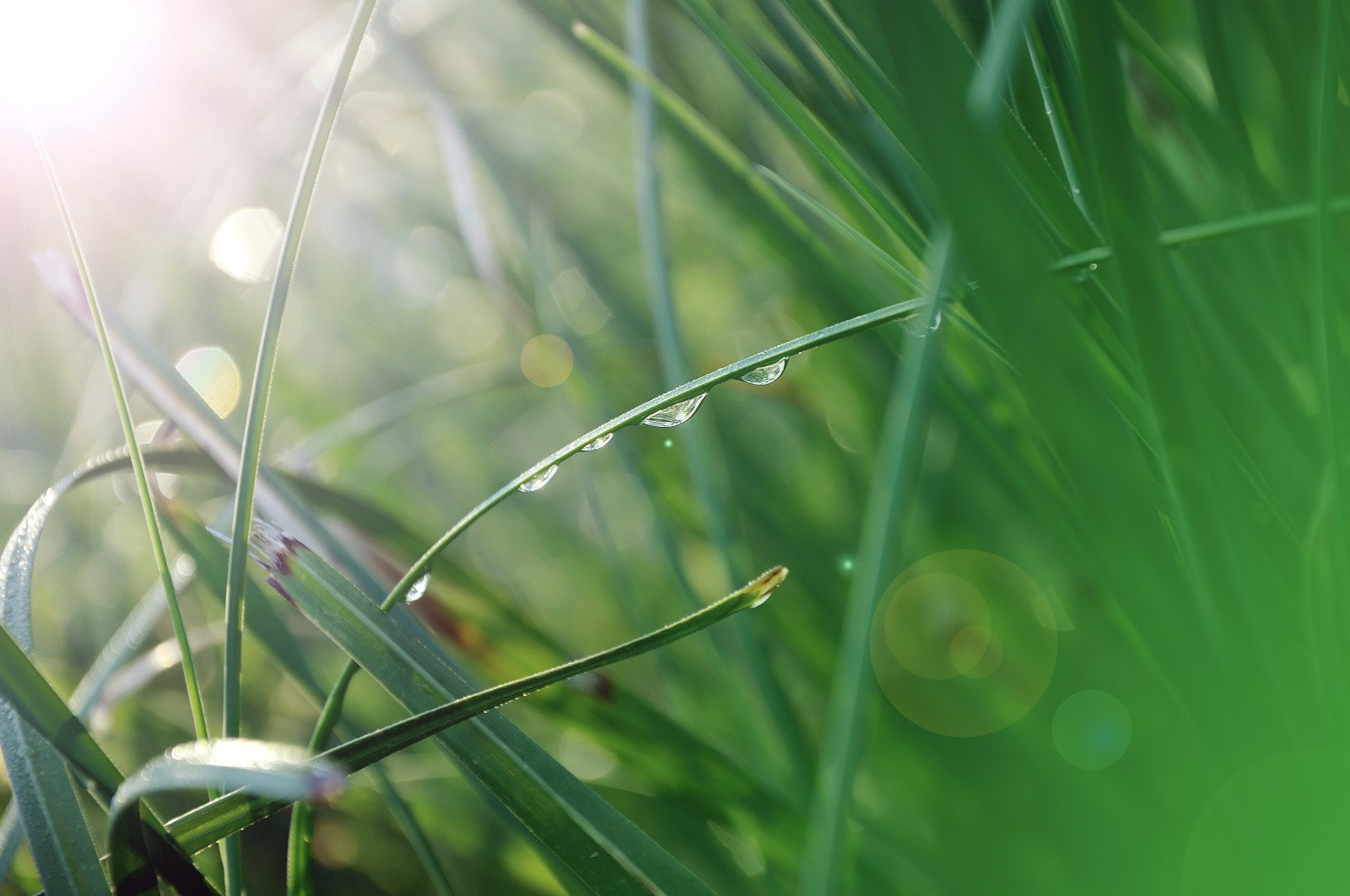
 Professor Kerrie Wilson is an Australian Research Council Future Fellow and Professor in the School of Biological Sciences at The University of Queensland. Kerrie is Director of the Australian Research Council Centre of Excellence for Environmental Decisions and a key personnel of the National Environmental Science Program Threatened Species Recovery Hub. Kerrie has a particular interest in applied conservation resource allocation problems, such as where to invest limited resources to protect or restore biodiversity. Her research requires an understanding of both the ecological and socio-economic context and has led to the development of frameworks and decision support tools to inform how funds should be allocated between different activities to maximise conservation outcomes. Her research program also focuses on the analysis of uncertainty (with a particular focus on institutional and socio-political factors that influence investment success), landscape dynamics.
Professor Kerrie Wilson is an Australian Research Council Future Fellow and Professor in the School of Biological Sciences at The University of Queensland. Kerrie is Director of the Australian Research Council Centre of Excellence for Environmental Decisions and a key personnel of the National Environmental Science Program Threatened Species Recovery Hub. Kerrie has a particular interest in applied conservation resource allocation problems, such as where to invest limited resources to protect or restore biodiversity. Her research requires an understanding of both the ecological and socio-economic context and has led to the development of frameworks and decision support tools to inform how funds should be allocated between different activities to maximise conservation outcomes. Her research program also focuses on the analysis of uncertainty (with a particular focus on institutional and socio-political factors that influence investment success), landscape dynamics. Dr Chris Cvitanovic is an Interdisciplinary Research Fellow specialising in knowledge exchange, stakeholder engagement and the governance of marine resources. In doing so Chris draws on almost ten years of experience working at the interface of science and policy for the Australian Government Department of Environment, and then as a Knowledge Broker in CSIROs Climate Adaptation Flagship. Previously Chris’ research has also focused on understanding the mechanisms underpinning the resilience of coral reef systems, primarily herbivory and water quality
Dr Chris Cvitanovic is an Interdisciplinary Research Fellow specialising in knowledge exchange, stakeholder engagement and the governance of marine resources. In doing so Chris draws on almost ten years of experience working at the interface of science and policy for the Australian Government Department of Environment, and then as a Knowledge Broker in CSIROs Climate Adaptation Flagship. Previously Chris’ research has also focused on understanding the mechanisms underpinning the resilience of coral reef systems, primarily herbivory and water quality Professor Karen Hussey is a leading Australian researcher in the field of public policy and governance, particularly in the areas of sustainable development, environmental policy and international trade. Trained as a political scientist and economist, Karen has a unique breadth and depth of research and policy engagement experience, having conceived, designed, conducted and delivered cutting edge social science research focused a range of sectors – including climate change mitigation and adaptation, water, energy, waste, urban management, critical infrastructure, international trade, and biotechnology in the health system – enabling a rare competence to achieve a comparative perspective on policy and governance issues. She has led the development of innovative intellectual and policy
Professor Karen Hussey is a leading Australian researcher in the field of public policy and governance, particularly in the areas of sustainable development, environmental policy and international trade. Trained as a political scientist and economist, Karen has a unique breadth and depth of research and policy engagement experience, having conceived, designed, conducted and delivered cutting edge social science research focused a range of sectors – including climate change mitigation and adaptation, water, energy, waste, urban management, critical infrastructure, international trade, and biotechnology in the health system – enabling a rare competence to achieve a comparative perspective on policy and governance issues. She has led the development of innovative intellectual and policy Professor Brian Head joined the University of Queensland in mid-2007 after holding senior roles in government, universities, and the non-government sector. He is the author or editor of several books and numerous articles on public management, governance, social isues and environmental policy. His major interests are evidence-based policy, complex or ‘wicked’ problems, program evaluation, early intervention and prevention, collaboration and consultation, public accountability and leadership. He has undertaken several consultancies on program evaluation, policy review, organisational performance, and good governance processes. He has strong interests in applied research across many areas of public policy and governance, and is committed to building closer links between the research and policy sectors.
Professor Brian Head joined the University of Queensland in mid-2007 after holding senior roles in government, universities, and the non-government sector. He is the author or editor of several books and numerous articles on public management, governance, social isues and environmental policy. His major interests are evidence-based policy, complex or ‘wicked’ problems, program evaluation, early intervention and prevention, collaboration and consultation, public accountability and leadership. He has undertaken several consultancies on program evaluation, policy review, organisational performance, and good governance processes. He has strong interests in applied research across many areas of public policy and governance, and is committed to building closer links between the research and policy sectors. Dr John Pickering is the Chief Executive Officer and Founder of Behaviour Innovation Pty Ltd. As a behavioural scientist with a keen interest in how people shape their environments, Dr Pickering specialises in fostering innovation and entrepreneurship within people to bring about sustainable change that matters to them. John is currently leading a project with the QLD sugar cane industry to enhance innovation and entrepreneurship within the industry. The overarching goal of the project is to value and recognise Queensland’s sugar cane farmers for their role as custodians of the land and their ongoing efforts to protect the Great Barrier Reef.
Dr John Pickering is the Chief Executive Officer and Founder of Behaviour Innovation Pty Ltd. As a behavioural scientist with a keen interest in how people shape their environments, Dr Pickering specialises in fostering innovation and entrepreneurship within people to bring about sustainable change that matters to them. John is currently leading a project with the QLD sugar cane industry to enhance innovation and entrepreneurship within the industry. The overarching goal of the project is to value and recognise Queensland’s sugar cane farmers for their role as custodians of the land and their ongoing efforts to protect the Great Barrier Reef. Associate Professor Linda Selvey integrates public health research with a commitment to advocating for better action on climate change. For more than 12 years, she held senior management positions in Queensland Health, including Executive Director, Population Health Queensland. She has been involved in environmental campaigning for many years. Her roles have included Chair of the Queensland Conservation Council, Queensland representative on the Council of the Australian Conservation Foundation, and CEO of Greenpeace Australia Pacific
Associate Professor Linda Selvey integrates public health research with a commitment to advocating for better action on climate change. For more than 12 years, she held senior management positions in Queensland Health, including Executive Director, Population Health Queensland. She has been involved in environmental campaigning for many years. Her roles have included Chair of the Queensland Conservation Council, Queensland representative on the Council of the Australian Conservation Foundation, and CEO of Greenpeace Australia Pacific
 Prof Kate Auty is a barrister; holds a number of board and advisory committee roles in environmental and rural contexts; and is the ACT Commissioner for Sustainability and the Environment and Professorial Fellow with the University of Melbourne. Kate was previously the Victorian Commissioner for Environmental Sustainability and has been a magistrate and Aboriginal sentencing court judicial officer in both Victoria and Western Australia.
Prof Kate Auty is a barrister; holds a number of board and advisory committee roles in environmental and rural contexts; and is the ACT Commissioner for Sustainability and the Environment and Professorial Fellow with the University of Melbourne. Kate was previously the Victorian Commissioner for Environmental Sustainability and has been a magistrate and Aboriginal sentencing court judicial officer in both Victoria and Western Australia. r Paul Grimes has had a diverse public sector career spanning a number of senior appointments at both federal and state government levels. He was previously Secretary of the Australian Government Department of Agriculture and, before that, Secretary of the then Department of Sustainability, Environment, Water, Population and Communities. Dr Grimes works as an independent policy adviser. Among other things, he is currently Chair of the independent Review of the Victorian Electricity and Gas Networks Safety Framework. Dr Grimes has held senior positions in several Commonwealth and state departments, including as Associate Secretary (Domestic Policy) in the Department of the Prime Minister and Cabinet, Deputy Secretary in the Australian Government Department of Finance, Deputy Secretary in the South Australian Department of Treasury and Finance and Chief Executive of the ACT Department of Treasury.
r Paul Grimes has had a diverse public sector career spanning a number of senior appointments at both federal and state government levels. He was previously Secretary of the Australian Government Department of Agriculture and, before that, Secretary of the then Department of Sustainability, Environment, Water, Population and Communities. Dr Grimes works as an independent policy adviser. Among other things, he is currently Chair of the independent Review of the Victorian Electricity and Gas Networks Safety Framework. Dr Grimes has held senior positions in several Commonwealth and state departments, including as Associate Secretary (Domestic Policy) in the Department of the Prime Minister and Cabinet, Deputy Secretary in the Australian Government Department of Finance, Deputy Secretary in the South Australian Department of Treasury and Finance and Chief Executive of the ACT Department of Treasury.

